Behaviour Support Services
NOTE: This package consists of strategies which may or may not assist in responding to behaviour. It is provided for informational purposes only and is not a substitute for professional advice or treatment from a qualified behaviour clinician.

Caregiver Training: Coping Strategies What are coping strategies?
Coping strategies are used as a conscious or unconscious strategy to reduce an unpleasant emotion.
What can coping strategies do?
1. Tolerate – Face the problems throughout our lives.
2. Minimize – Decrease the intensity of the behaviour to help you gain control.
3. Deal – Responding to the behaviour.
When should you practice coping strategies?
All the time! In the morning, afternoon, evening, dinner time. Practice them when you are calm so when you are upset – you know how to use these strategies.

Healthy Coping Strategies
Deep Breaths
Deep breaths regulate breathing, you can do this in a few different ways to make it easier to remember:
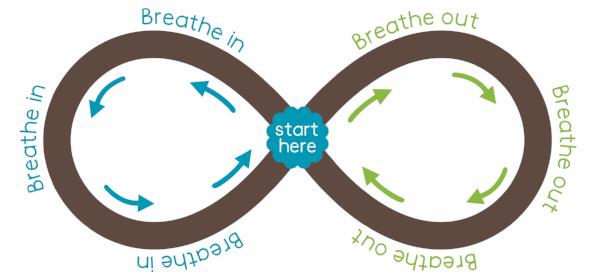
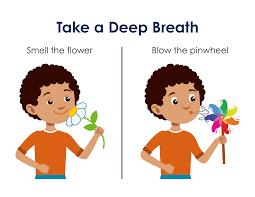


• Smelling in the flower.
• Blowing out the pinwheel.
• Blowing the candles out on a cake.
• Putting your hands on your belly and breathing in and out.
Deep Breathing Exercises
1. Figure 8 Breathing Follow the figure 8 with your finger
2. Square Breathing Start at the flower and follow the directions along the edges. (breathe in for 4, hold it for 4, breathe out for 4)
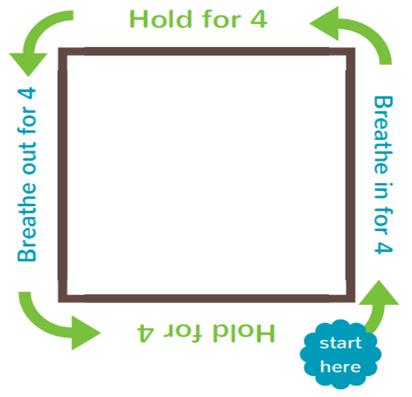
5 - 4 - 3 - 2 - 1 Exercise
Look around the room, what do you see? Find 5 things around you that you can see.

Feel around you, what do you feel? Find 4 things near you that you can touch.
Close your eyes, listen. What do you hear? Find 3 things around you that you can hear.
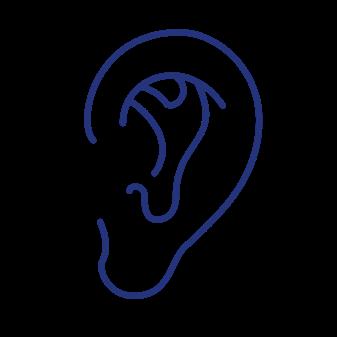
Keep your eyes closed, take a deep breath. What do you smell? Find 2 things around you that you can smell.

With your eyes still close – what can you taste? Find 1 thing you can taste.
https://www.mondaycampaigns.org/destress-monday/unwind-monday-5-4-3-2-1-grounding-technique

Counting
Counting depends on the individual – some people may count 1-5, 3 to 4 times if that is what works for them. Others may count to 10 or 20.


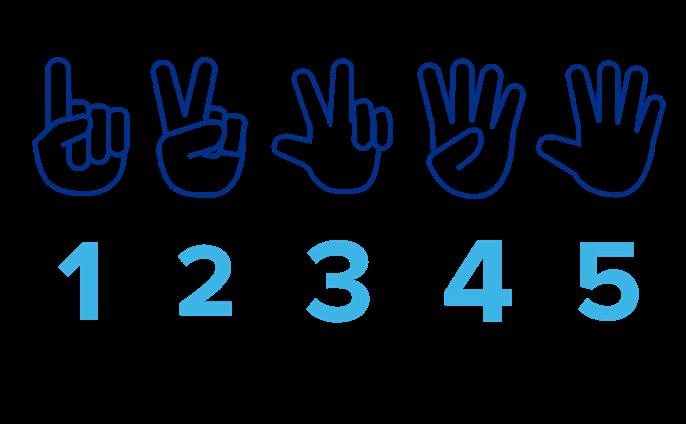

Writing in a Journal
Writing in a journal allows the individual to write down how they are feeling, what has happened, and how they can see what will happen next.


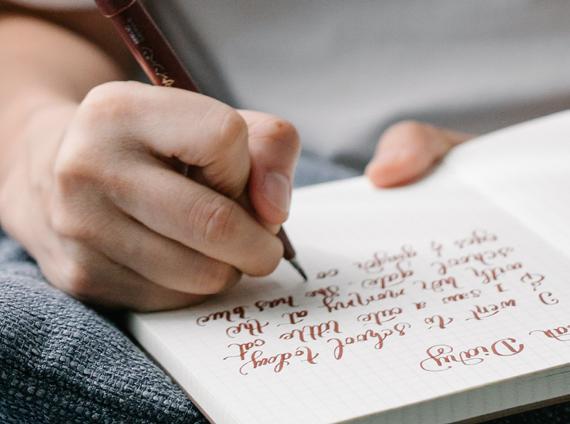
Asking for a Break
Being able to ask for a minute if they are feeling overwhelmed or upset. It is important to know the value of what asking for this break is.
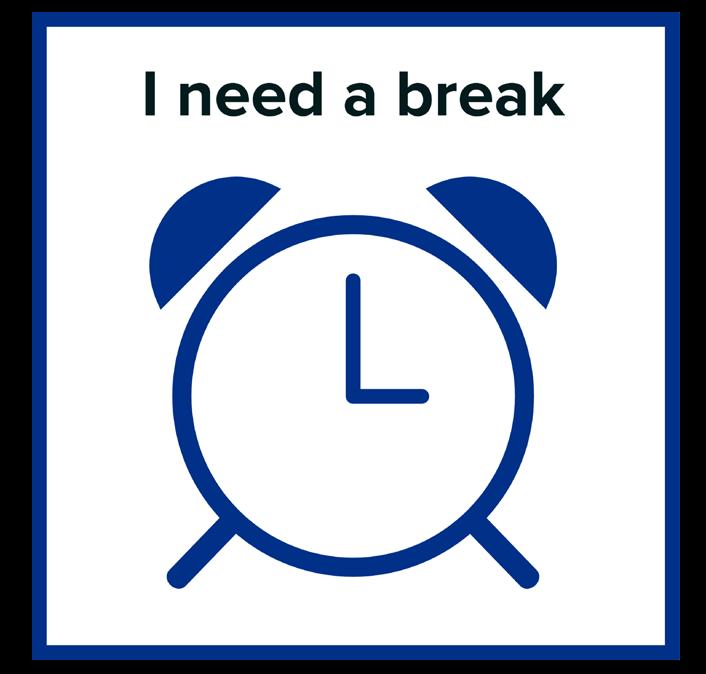
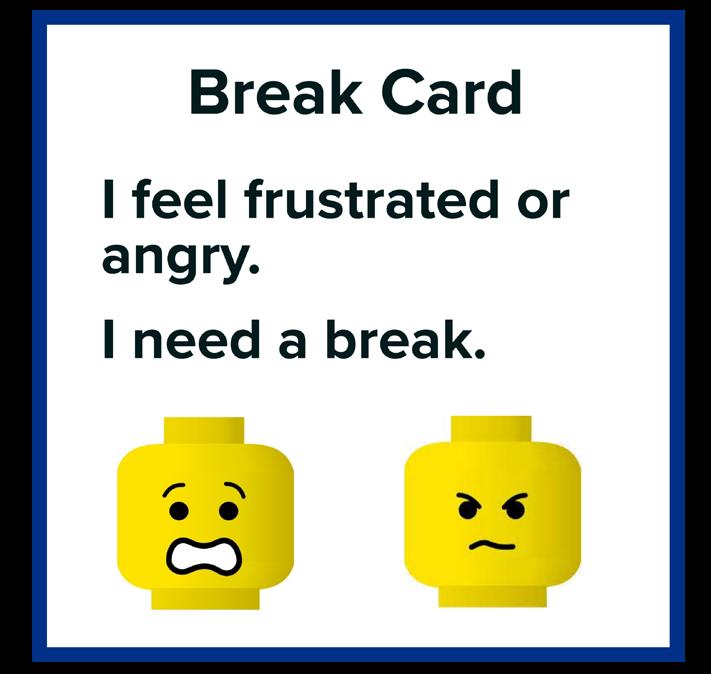
Coming up with a Compromise
Talking it through – coming to a compromise. This can be very difficult.



Exercise
Exercise can help with coping in different situations to let out some of that stress. This can include going for a walk, doing yoga, going on a bike ride, skipping rope, playing different recreational sports (e.g., hockey, basketball, bowling).


Plan

Coping Skills Toolbox
What is it?
A Coping Skills Toolbox is a place for you to keep things that calm you down in periods of distress. If you have everything gathered in one place, it’s easier to remember to use your coping skills, rather than using negative behaviours.

Distraction Healthy Distractors ...

(Taking your mind off the problem for a while)
Examples: Puzzles, books, artwork, crafts, knitting, crocheting, sewing, crossword puzzles, sudoku, positive websites, music, movies, etc.

Self-Soothing
(Comforting yourself through your five senses)
• Something to touch ex. stuffed animal, stress ball
• Something to hear ex. music, meditation guides


• Something to see ex. snowglobe, happy pictures
• Something to taste ex. mints, tea, sour candy
• Something to smell ex. lotion, candles, perfume
Opposite Action
(Doing something the opposite of your impulse that’s consistent with a more positive emotion)
1. Affirmations and Inspiration ex. looking at or drawing motivational statements or images.
2. Something funny or cheering ex. funny movies/ TV / books.
What I find soothing ...
Things that make me laugh ...
Affirmations and Inspiration Ideas ...
Emotional Awareness
(Tools for identifying and expressing your feelings)
Examples:
A list or chart of emotions, a journal, writing supplies, drawing/art supplies.

Tools that work for me ...

Relaxation
(Tools for centering and grounding yourself in the present moment)
Examples:
Meditation or relaxation recordings, grounding objects (like a rock or paperweight) yoga mat, breathing exercises.
What works for me ...

